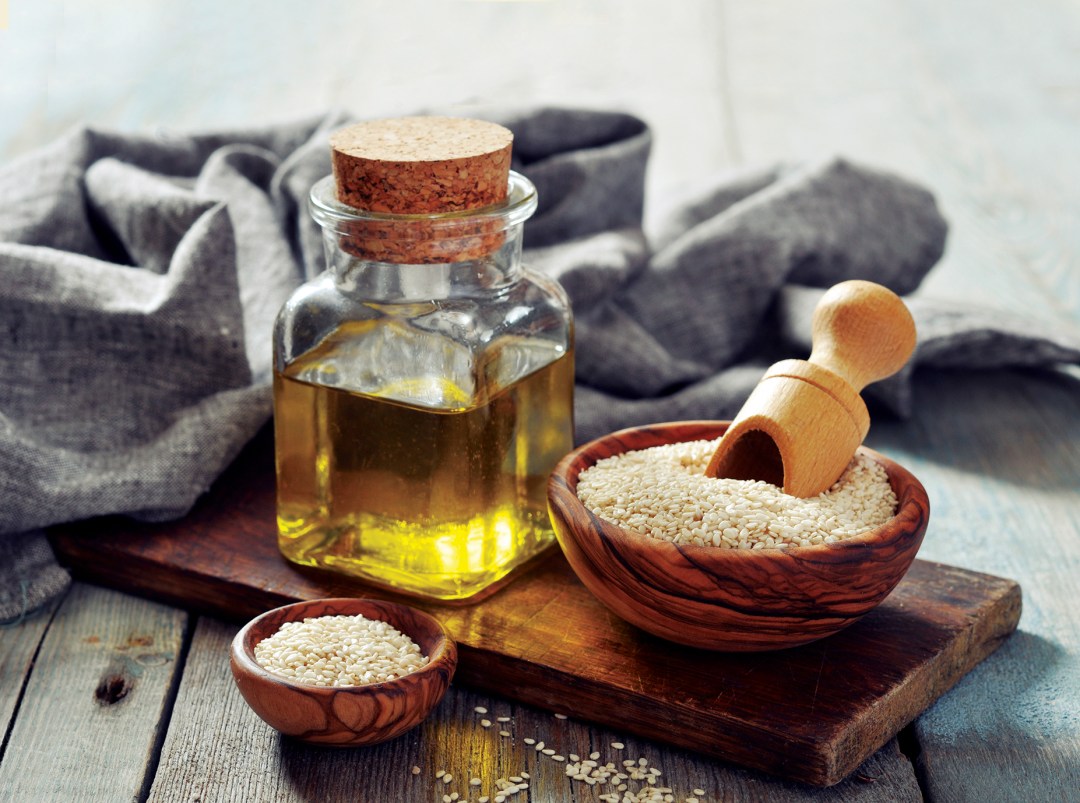Nutrition Notes: How to get good fat into your diet
Eve Kalinik explains why fat-free diets are best avoided

Fat has had a bad rap in recent years. All we hear about or read about is fat-free this and zero-per-cent fat that, but here’s the thing – we absolutely need fat in our diet, and quite a lot of it, in fact.
Healthy oils support many crucial biochemical processes and make up the membranes for every single cell in our bodies, keeping these fluid, flexible and communicating effectively with one another.
Many of us have been fat-phobic at some point or other, believing that eating foods higher in them will result in weight gain. However, eating fat doesn’t actually make you fat – just the opposite, as good fats play an important role in metabolic function as well as having anti-inflammatory benefits (and, let’s not forget the fact that they nourish hair, skin and nails, too).
Up until recently, we have also assumed that all saturated fat was bad for us, but this thinking has changed (coconut oil, anyone?). The right oils are nutritionally supportive and lower the risks of certain conditions such as heart disease, arthritis and even depression.
So which are the best sources and how can we add these to our diets? Read on and find out…
- Nuts and seeds are bursting with a wealth of vitamins and minerals, as well as being an excellent source of omegas 3, 6 and 9. Flaxseeds, hemp seeds, chia seeds and walnuts contain plant-based ALA omega 3 which is the one we tend to lack most, so adding these into your morning routine, in muesli or smoothies, is a fuss-free way to up your intake.
- Avocados are full of nutrients and are a great source of vitamin B5, helping to support adrenal health – the glands that manage our stress hormones – as well as a source of N-acetylcysteine, which is important for energy. They are the ultimate healthy, fast-food buddy – easy to pack for a quick, tasty and delicious option for lunch. Smash onto some raw seeded crackers with a pinch of paprika.
- Oily fish, such as salmon, mackerel or sardines, is one of the best sources of omega 3, crucially EPA & DHA, which is the most anti-inflammatory of the omegas and helps to support the body with reparative processes. Try to opt for the wild kind whenever you can, as these tend to have lower levels of mercury.
- Coconut oil is a rare source of lauric acid, which has anti-microbial, anti-parasitic and anti-fungal properties. The larger proportion of coconut oil consists of medium-chain fatty acids (MCTs) that support energy conversion and your metabolism. Coconut oil also has a very high smoke point, meaning it remains stable when heated at high temperatures. Use fats that are solid at room temperature to cook with, and use cold-pressed ones after cooking, as heating them destroys the beneficial properties.
- Cold-pressed oils such as olive, pumpkin seed, hemp and sesame are good sources of monounsaturated fat that can help to reduce bad cholesterol in our bodies, which can also help reduce the risk of heart disease and stroke.
- Don’t heat these precious oils: add after cooking. And any time you see trans fats or hydrogenated fats on a vegetable-based oil label, steer clear. These are manipulated by a man-made process that extends shelf life, but which also has degenerative effects on the body.
For more from Eve, go to evekalinik.com
Photograph: iStock








